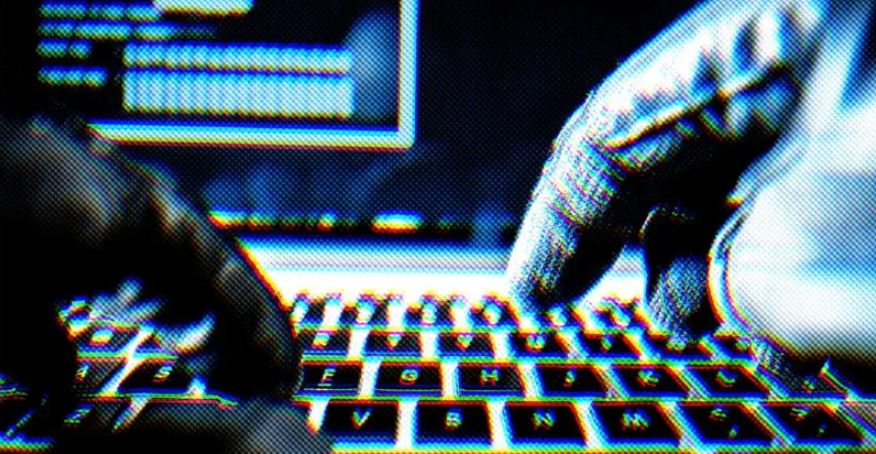The Digital Detective Profession
In today’s digital world, technology plays a crucial role in our daily lives. As reliance on technology grows, new professions have emerged to address cybersecurity challenges. Among them, the role of a digital detective stands out—a career that combines technical expertise with investigative skills to uncover cybercrimes and analyze digital evidence. This article explores the responsibilities of a digital detective, professional ethics, legal compliance, and licensing requirements.
What is a Digital Detective?
A digital detective is a specialized professional who analyzes digital data used in legal investigations. These experts extract and examine information from electronic devices such as computers, smartphones, hard drives, and other storage media. Their findings are often used in criminal cases, civil lawsuits, and security investigations.
Code of Ethics for Digital Detectives
Digital detectives must adhere to a strict code of ethics, which includes:
- Integrity & Honesty: Ensuring the accuracy and authenticity of digital evidence without unauthorized modifications.
- Privacy Protection: Maintaining confidentiality while handling sensitive data.
- Legal Compliance: Following legal protocols when collecting and analyzing digital information.
Legal Compliance in Digital Investigations
Digital detectives operate under strict national and international laws governing cybercrime and data protection. They must obtain proper authorization before accessing personal data and ensure that evidence is collected in a legally admissible manner.
Licensing & Certification for Digital Detectives
To practice as a digital detective, individuals often require specific licenses and certifications that vary by country. These certifications validate their expertise and ensure they meet legal and ethical standards. Having a recognized license enhances credibility and reassures clients that their cases are handled professionally and lawfully.
Cases That Require a Digital Detective
Digital detectives play a vital role in investigating various types of cases, including:
1. Cybercrimes
- Hacking, online fraud, identity theft, and cyberattacks.
- Tracking cybercriminals and collecting admissible evidence.
2. Illegal Online Content
- Investigating the distribution of illegal digital materials, such as child exploitation content.
3. Corporate Espionage
- Detecting and preventing data breaches involving trade secrets and confidential business information.
4. Online Harassment & Threats
- Identifying individuals responsible for cyberbullying, harassment, and online threats.
5. Financial Fraud & Document Forgery
- Investigating fraudulent transactions, digital document forgery, and financial scams.
6. Data & System Manipulation
- Uncovering tampering in electronic voting systems or company security networks.
7. Divorce & Family Disputes
- Gathering digital evidence in cases involving infidelity or hidden financial assets.
8. Insurance Claims & Vehicle Accidents
- Analyzing data from GPS trackers and vehicle systems to reconstruct accident scenarios.
9. Internal Corporate Investigations
- Investigating unethical or illegal activities within an organization.
10. Death Investigations
- Examining digital footprints of deceased individuals to uncover relevant information.
Conclusion
The field of digital forensics is evolving rapidly as cyber threats increase. Digital detectives play a crucial role in modern security and legal investigations, requiring both technical expertise and legal awareness. As technology advances, the demand for skilled professionals in this field will continue to grow.
Source: Read the full article on Matrix219.Net





